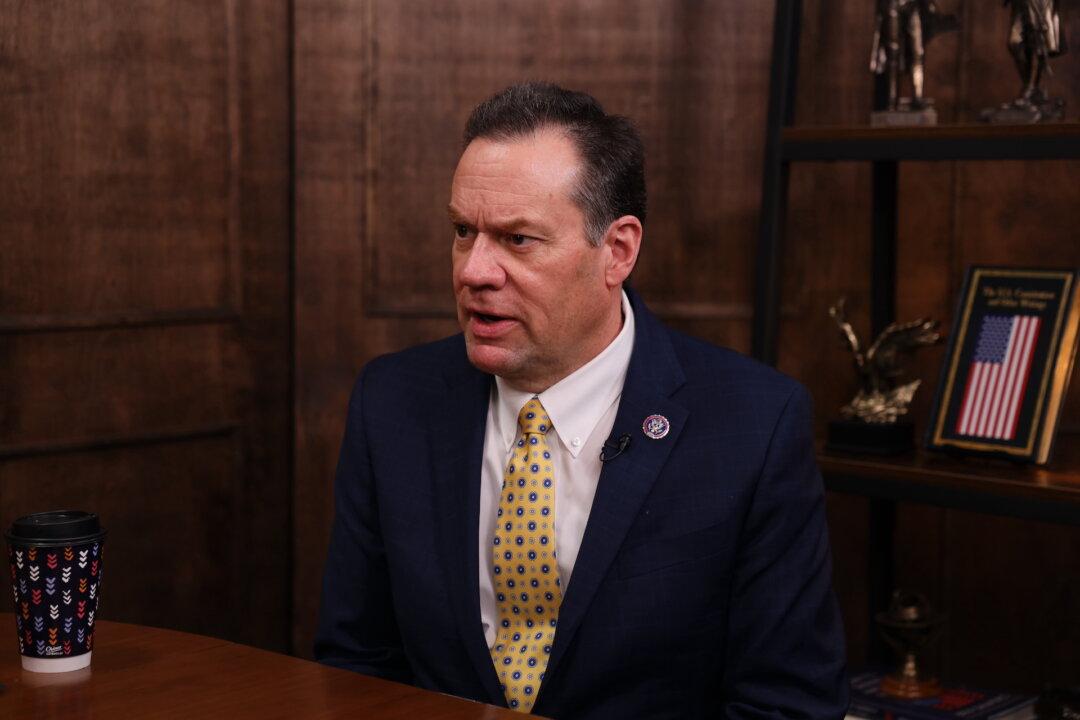Rep. Russ Fulcher (R-Idaho) said that the Biden administration’s policies are stifling energy production across the nation and are responsible for the high cost of oil and gas.
He said it is inaccurate when the White House claims their 9,000 drilling permits show the administration is not to blame for soaring energy prices.






